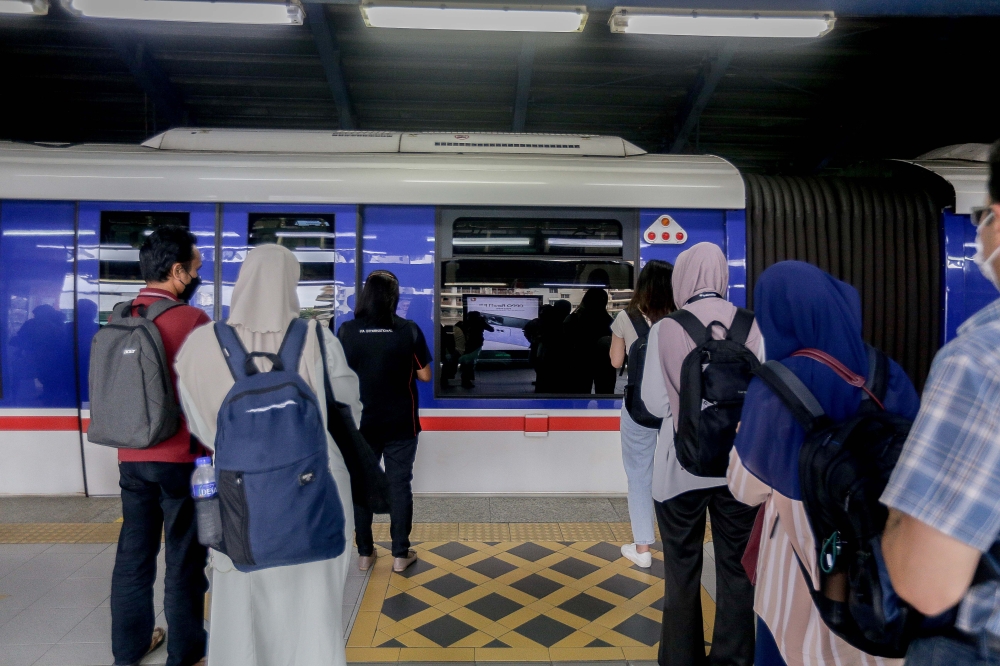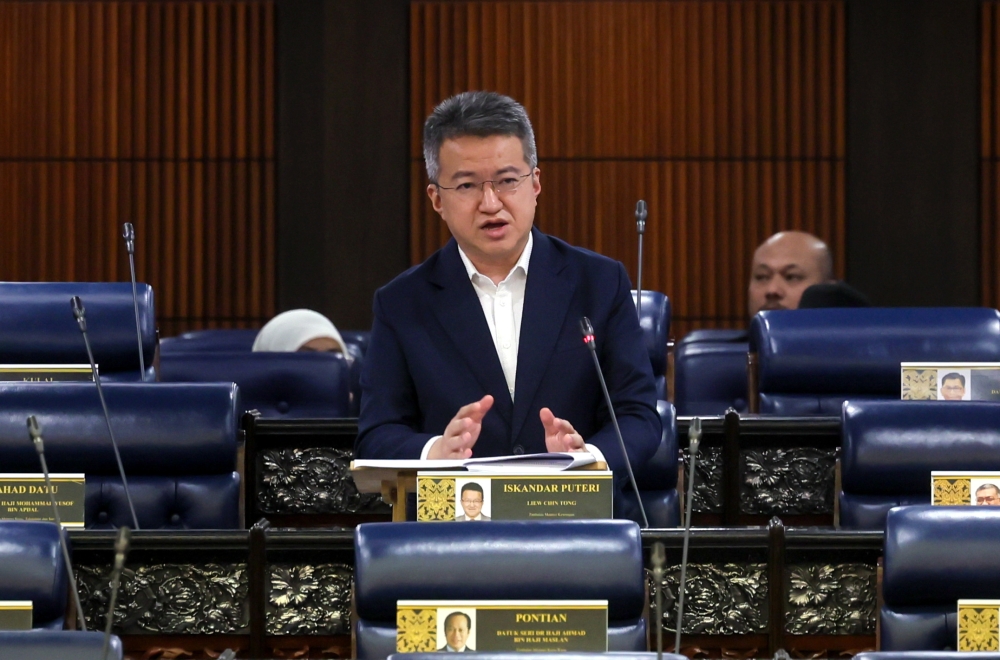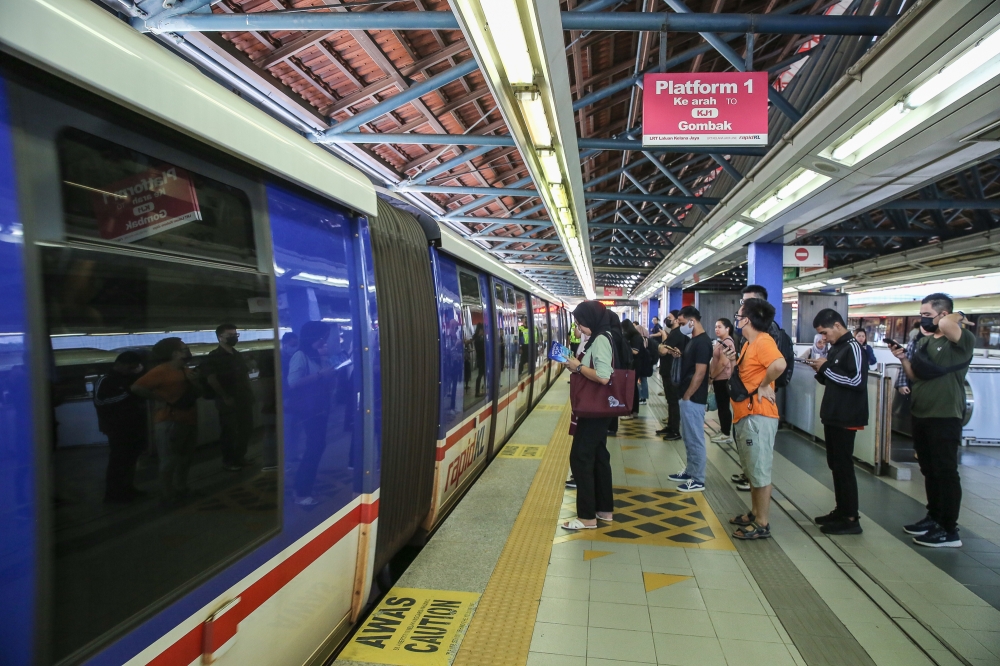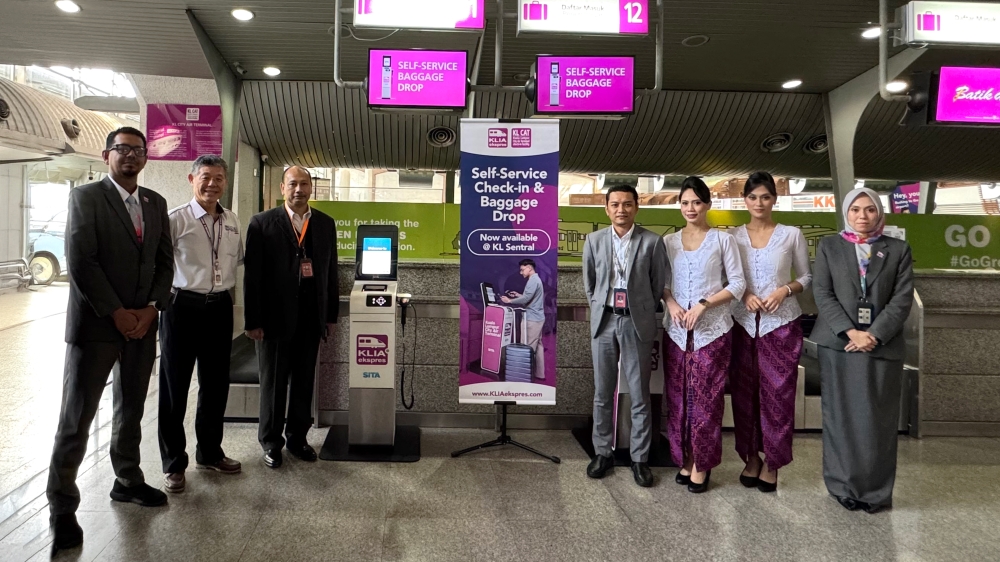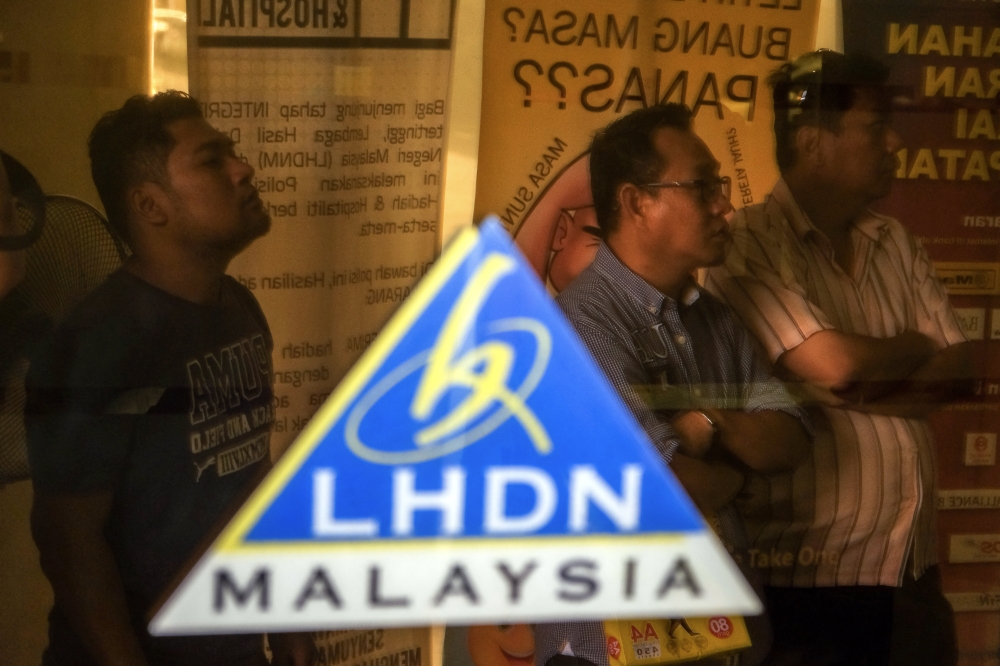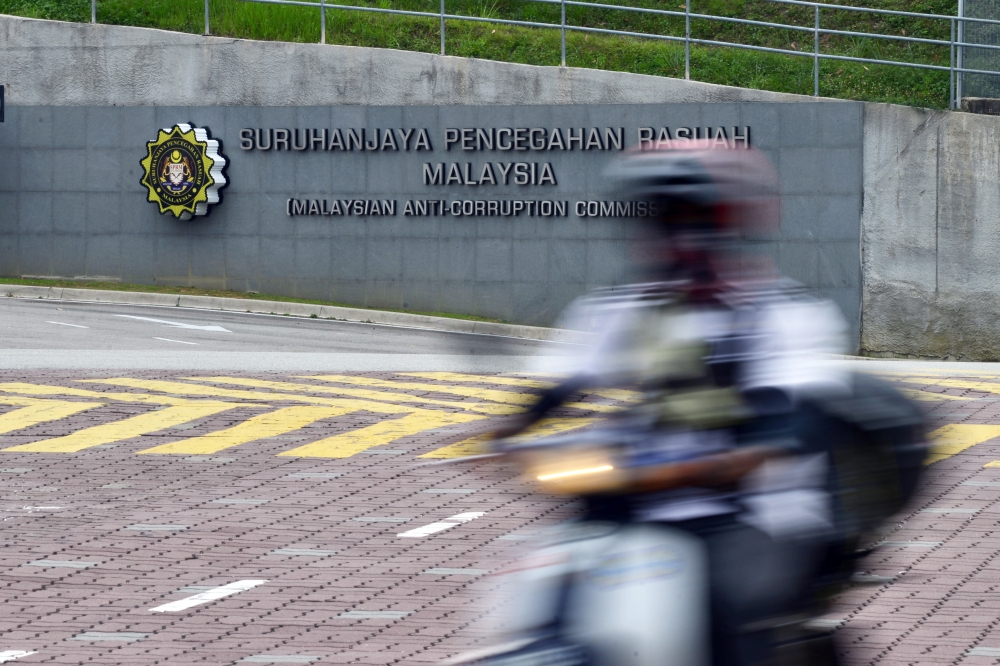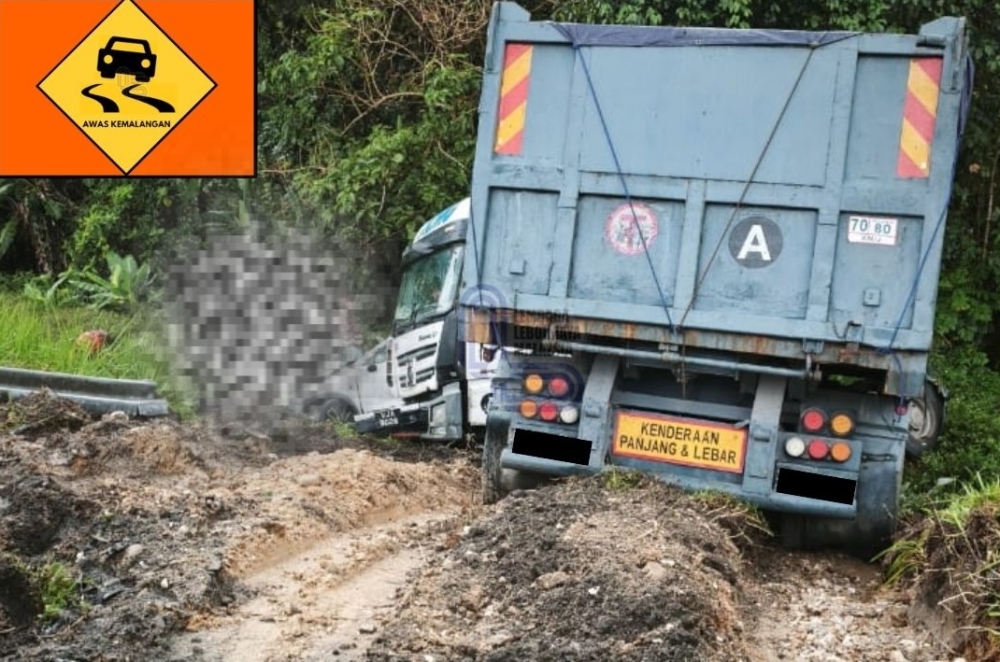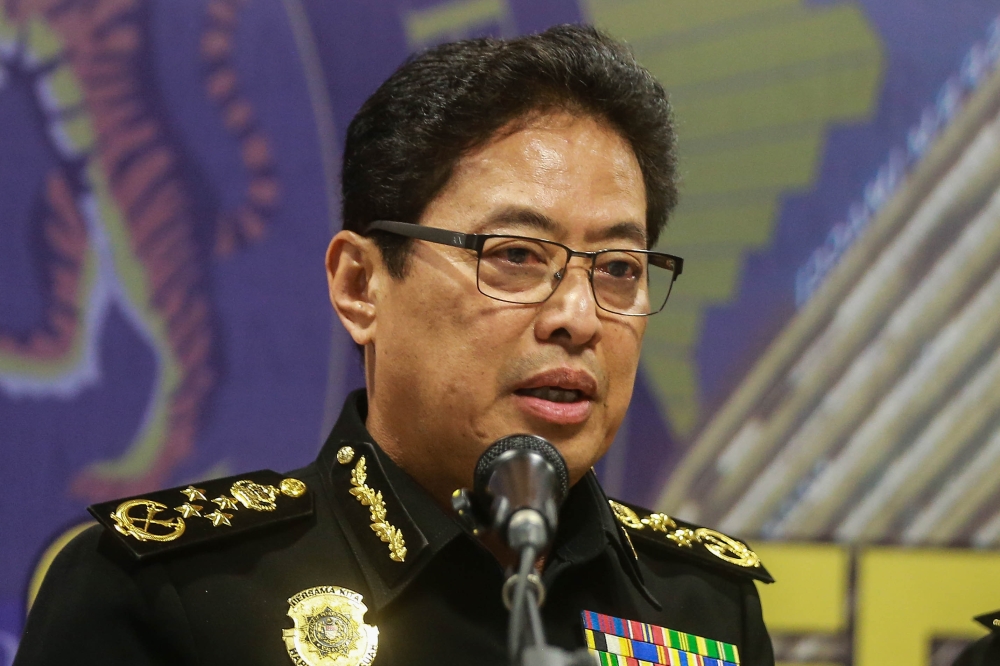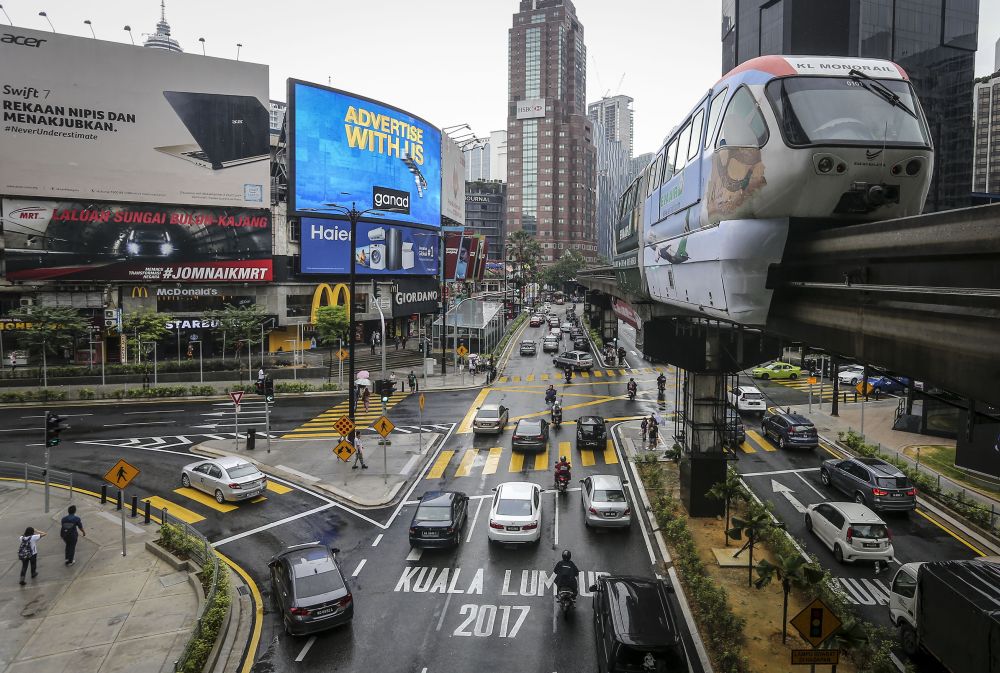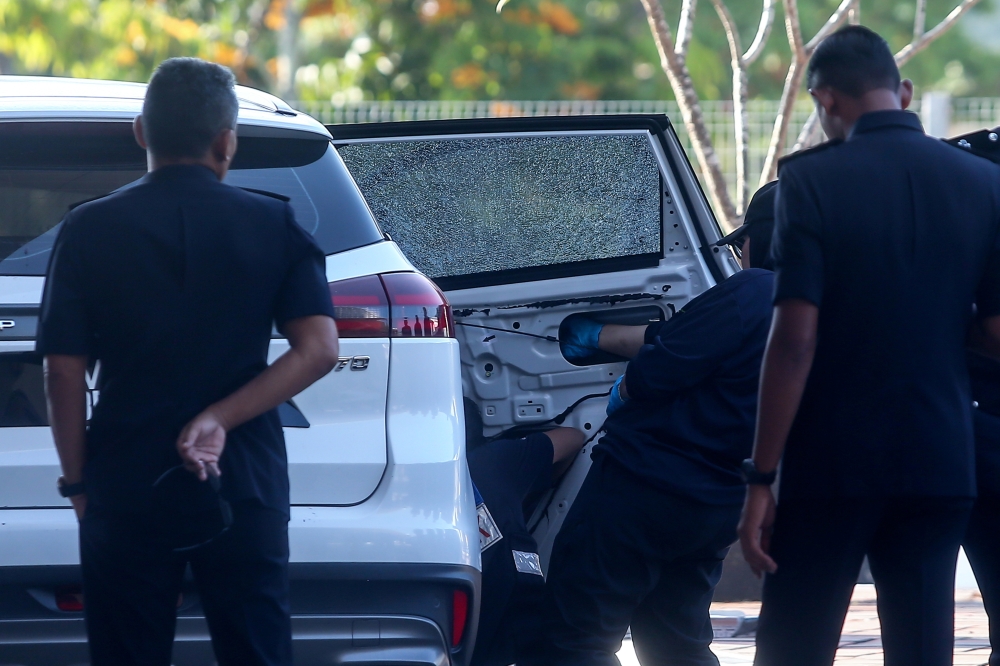KUALA LUMPUR, Aug 29 — Kuala Lumpur has ranked below average as a safe place to live in while six other cities in the Asia-Pacific (Apac) made it to the top 10 safest cities list according to a report by the Economist Intelligence Unit (EIU).
The EIU’s Safe Cities Index 2019 ranked KL at 35th place out of 60 cities worldwide with 66.3 points.
It has dropped four places from its 31st ranking in the 2017 report with 73.11 points.
In the 2017 report, KL had ranked higher than major cities like Beijing and Shanghai.
Tokyo has once again topped the list, followed by Singapore and Osaka.
The EIU Safe Cities Index ranks cities based on indicators organised across four pillars: digital, infrastructure, health and personal security.
KL had ranked high in terms of personal security, with 81.8 points, but scored below-average points in the other three pillars.
The 2019 edition of the index includes 10 new indicators, of which eight are related to environmental resilience.
In terms of ranking by the population of between five to 10 million, Malaysia ranked at the 11th spot out of 13 other countries.
EIU senior editor Naka Kondo said that the ranking of the city’s region does not correlate with the index performance.
“Although Apac cities such as Tokyo, Singapore and Osaka continue to rank within the top three cities in the Index, the region also hosts some of the lowest-scoring cities in the world, with Yangon, Karachi and Dhaka close to the bottom of the list.
“Apac cities perform well across the categories of health security, infrastructure security and personal security, but their North American counterparts generally fare better in digital security, accounting for seven of the top 10 cities in this category,” Kondo said in a statement today.
The report showed that leading cities had got the basics right, such as easy access to high-quality healthcare, dedicated cyber-security teams, community-based police patrolling and disaster continuity planning.
“Overall, while wealth is among the most important determinants of safety, the levels of transparency and governance correlate as closely as income with index scores.
“Our research showed the many ways that transparency and accountability are essential in every pillar of urban security, from building safer bridges to developing the trust needed for relevant stakeholders to sharing information on cyber-attacks.
“The research also highlights how different types of safety are thoroughly intertwined — that it is rare to find a city with very good results in one safety pillar and lagging in others. Policies, service planning and provision should also take this into account — and this year, we have decided to convene stakeholders from around the world in a Safe Cities Summit to discuss such matters around urban safety,” said Kondo.


